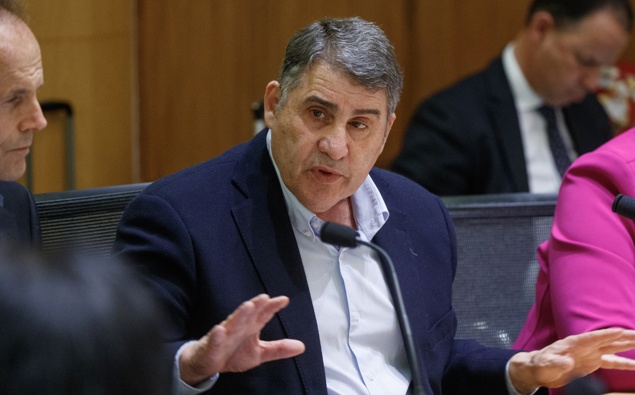Critical Medicine Shortage Threatens Lives in NT: Rheumatic Heart Disease Crisis Looms
A Looming Health Crisis in the Northern Territory
The Northern Territory (NT) is facing a deeply concerning situation: an impending shortage of a vital medicine used to treat rheumatic heart disease (RHD). This isn't just a logistical problem; it's a potential life-threatening crisis for vulnerable communities, particularly in remote areas like Maningrida, which tragically holds the highest rate of RHD globally.
Why is Rheumatic Heart Disease So Prevalent in the NT?
RHD is a serious inflammatory condition affecting the heart valves. It’s a preventable disease, primarily caused by untreated strep throat infections in childhood. Socioeconomic factors, limited access to healthcare, and delayed diagnosis in remote Indigenous communities contribute significantly to the high prevalence of RHD in the NT. The disease can lead to severe heart damage, disability, and premature death if left unmanaged.
The Urgent Shortage and its Impact
The current shortage of penicillin, the crucial medicine used to prevent and treat RHD, is causing widespread alarm. Without consistent and timely treatment, individuals are at increased risk of further heart damage, requiring complex and costly surgery. The impact will be felt most acutely by those already facing barriers to healthcare – residents of remote communities who rely on regular medication deliveries.
Maningrida: Ground Zero of the Crisis
Maningrida, a remote community in Arnhem Land, exemplifies the severity of the situation. Its exceptionally high RHD rates underscore the urgent need for intervention. Healthcare professionals in Maningrida and other affected areas are scrambling to manage existing supplies and prioritize patients, but the dwindling stock is a major cause for concern. The shortage isn't just about a lack of pills; it's about the erosion of trust in the healthcare system and the increased risk of preventable suffering.
What Needs to be Done?
Addressing this crisis requires a multi-faceted approach:
- Immediate Supply Chain Solutions: Fast-tracking the procurement and delivery of penicillin to affected areas is paramount. This may involve exploring alternative suppliers and streamlining import processes.
- Strengthened Primary Healthcare: Investing in primary healthcare services in remote communities is essential for early detection and treatment of strep throat infections, preventing RHD from developing in the first place.
- Community Engagement: Working closely with Indigenous communities to raise awareness about RHD, promote preventative measures, and ensure access to healthcare services is crucial.
- Long-Term Investment: A sustained commitment to funding RHD prevention and treatment programs is needed to address the underlying social and health determinants of the disease.
A Call to Action
The looming medicine shortage in the NT highlights a systemic failure to adequately address the health needs of vulnerable communities. It’s a wake-up call for policymakers, healthcare providers, and the broader community to prioritize RHD prevention and treatment, ensuring that every Australian has access to the life-saving medications they need.



)


